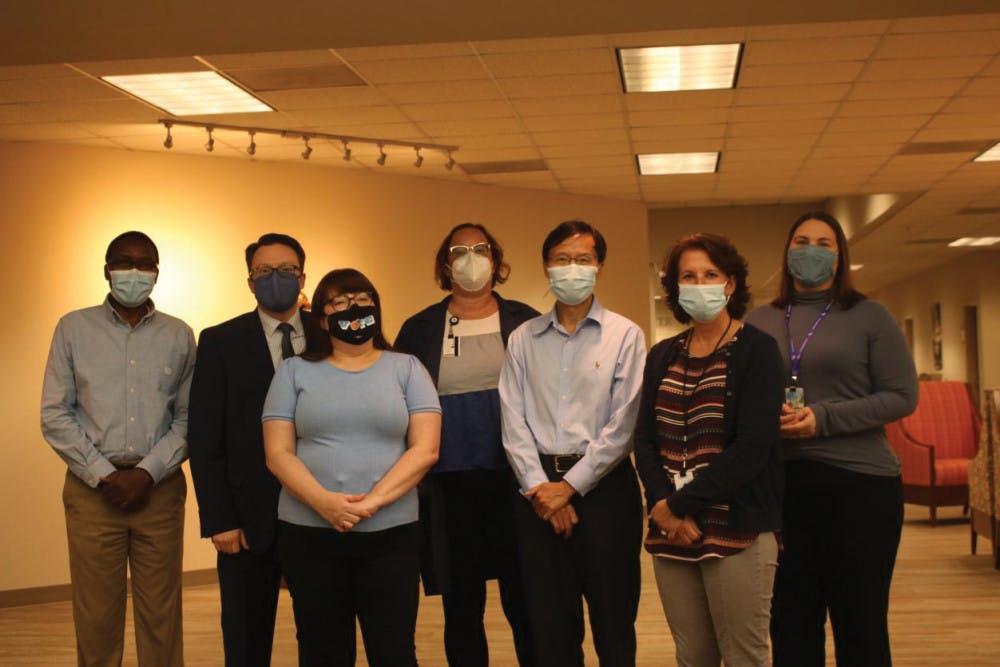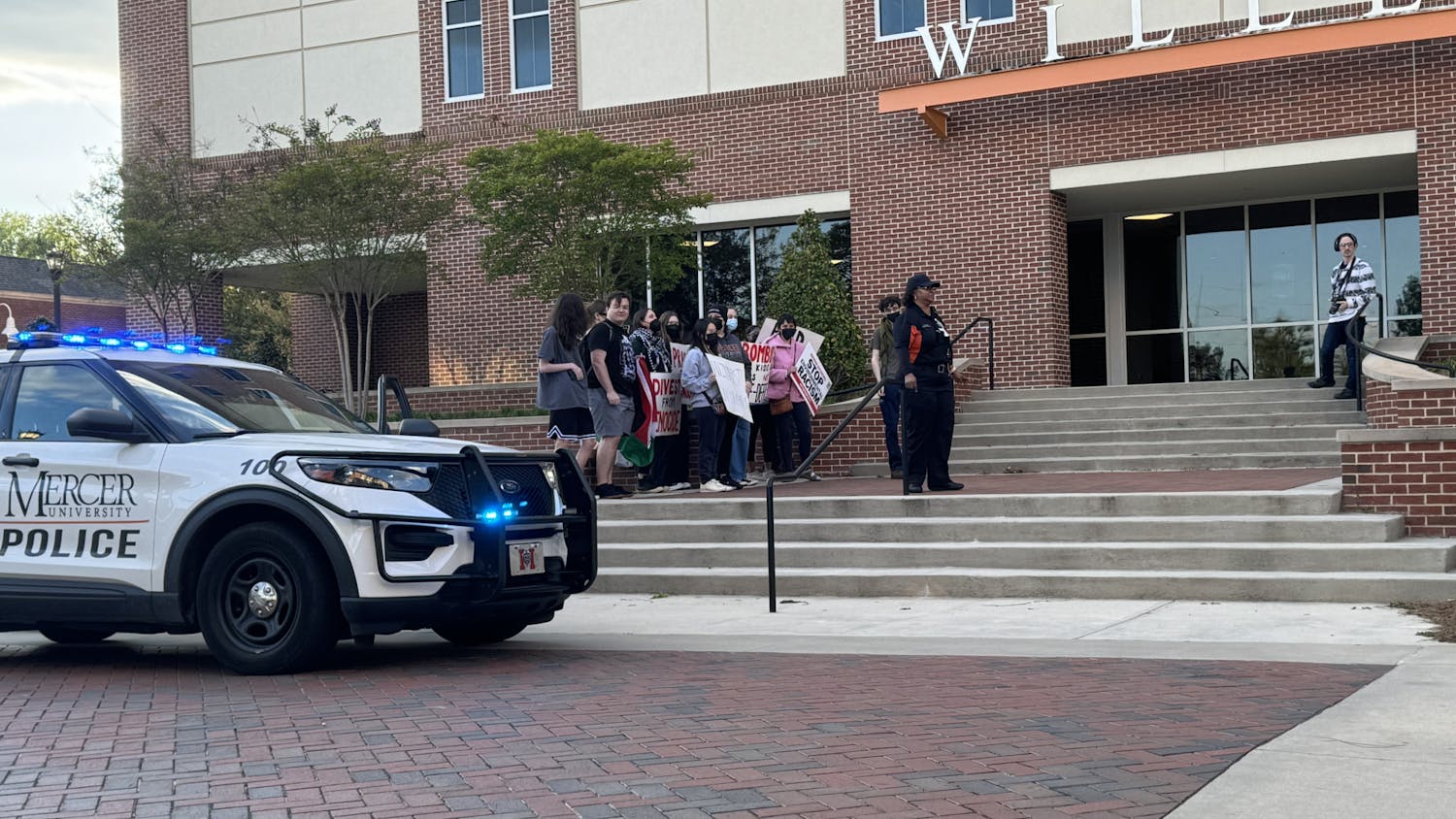Even through a pandemic, medical researchers at Mercer University’s School of Medicine are conducting research on numerous topics. Many researchers have received grants over the fall semester to help further their research.
Researchers in the School of Medicine are tackling issues such as health disparities, maternal mortality, mechanisms of opioid addiction and abuse, HIV/AIDS, COVID-19, cancer therapy and more.
Dr. Jean Sumner, dean of Mercer University School of Medicine, noted that researchers in the Mercer’s School of Medicine have brought in $5 million for the research projects this year.
“Our scientists are very accomplished and work very hard to be experts in their fields,” Sumner said. “I am very proud to work with them and excited about the work they do. They work and study for years to acquire the expertise to research complex problems.”
Sumner believes that the research these scientists are doing is important for the understanding of their fields.
“Scientific inquiry, done properly, is foundational to improving healthcare for everyone,” Sumner said. “One of the obligations of a medical education program is the expansion of knowledge and improving patient care and access. We are solidly committed to improving care and solving problems related to health.”
With some specific studies receiving grants ranging from $500,000 to $2.6 million, many of the researchers at Mercer Medicine have already begun to utilize their grants within each of their studies working with various other researchers from all over the world.
Primate feeding research
Dr. Janine Chalk-Wilayto, a resident scientist and professor at Mercer Medicine, has already begun using her $550,000 grant to help in her research on studying primate feeding strategies.
“This new grant aims to integrate diverse datasets, including ecological, behavioral, experimental and anatomical data, to investigate how anatomy and behavior interact to influence feeding performance during development,” Chalk-Wilayto said.
Chalk-Wilayto has been doing this research since she was an undergraduate at George Washington University and has also been collecting data at various research sites all over the world. She is working with many different students and researchers while getting to know many new primate groups.
“Currently, we don’t really know much about how young primates modify their behavior to eat adult foods or how those changes in behavior relate to changes in anatomy,” Chalk-Wilayto said. “As a result, we’re missing key components to understanding dietary adaptation.”
With this new grant, Chalk-Wilayto and her collaborators hope to gather important new data from young and adult monkeys at field sites all over the world. They are looking to identify developments in chewing muscle behaviors in primates and possibly learning how these behaviors can affect adult primate anatomy, Chalk-Wilayto said.
HIV/AIDS therapy
Other researchers at Mercer have also begun to use their grants to further their research as well. Dr. Alan L. Wells, an associate professor at Mercer Medicine, has used his team’s $600,000 grant to help provide Rapid Initiation of Therapy to individuals newly diagnosed with HIV/AIDS.
“It’s a very clinically-oriented grant,” Wells said. “The money from the grant will be used to keep good data on the outcomes and to document what are best for other clinical centers in bringing down HIV numbers.”
Wells has been developing his research with other students and collaborators throughout middle Georgia and Savannah since 2019, working with various individuals struggling with HIV in hopes of improving treatment for AIDS.
“What’s important about this grant is the partnership with the Ryan White Clinic and Mercer Medicine,” Wells said. “For many years, Mercer clinicians and physicians have been assisting the Ryan White Clinic, but now Mercer is getting into prevention and evaluation as well as HIV education and outreach.”
The Ryan White Clinic has provided HIV assistance to many low-income communities in underserved populations all over the United States. They have been striving to improve design, cost, implementation and health-related outcomes of HIV treatment and have begun to work with Mercer for cost-effective solutions, Wells said.
“People involved in clinical HIV medicine see a person’s whole life in front of them,” Wells said. “It’s a very layered situation. It’s not just giving a pill; it’s really treating the situation in the context of the whole person.”





